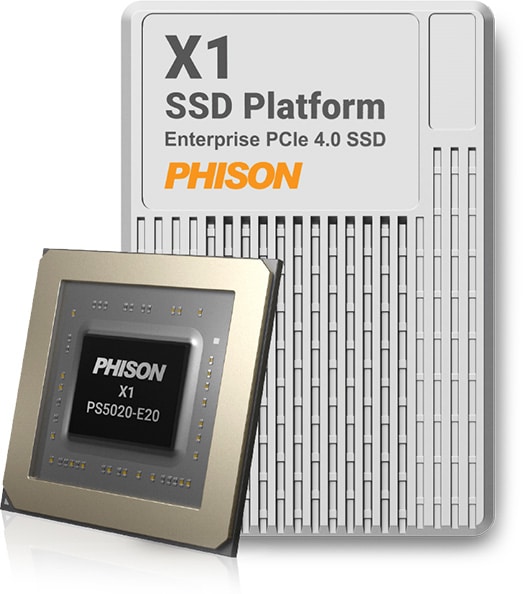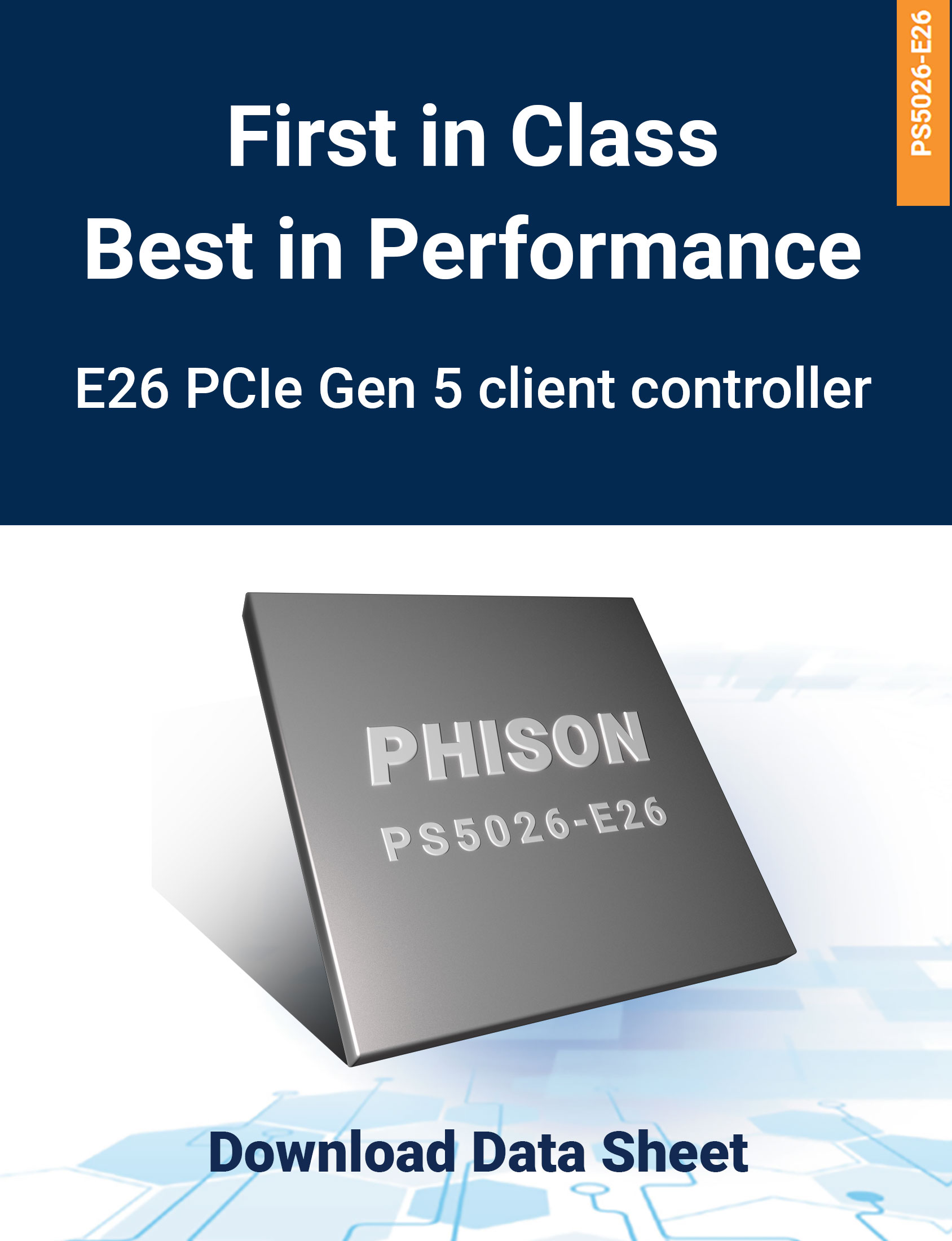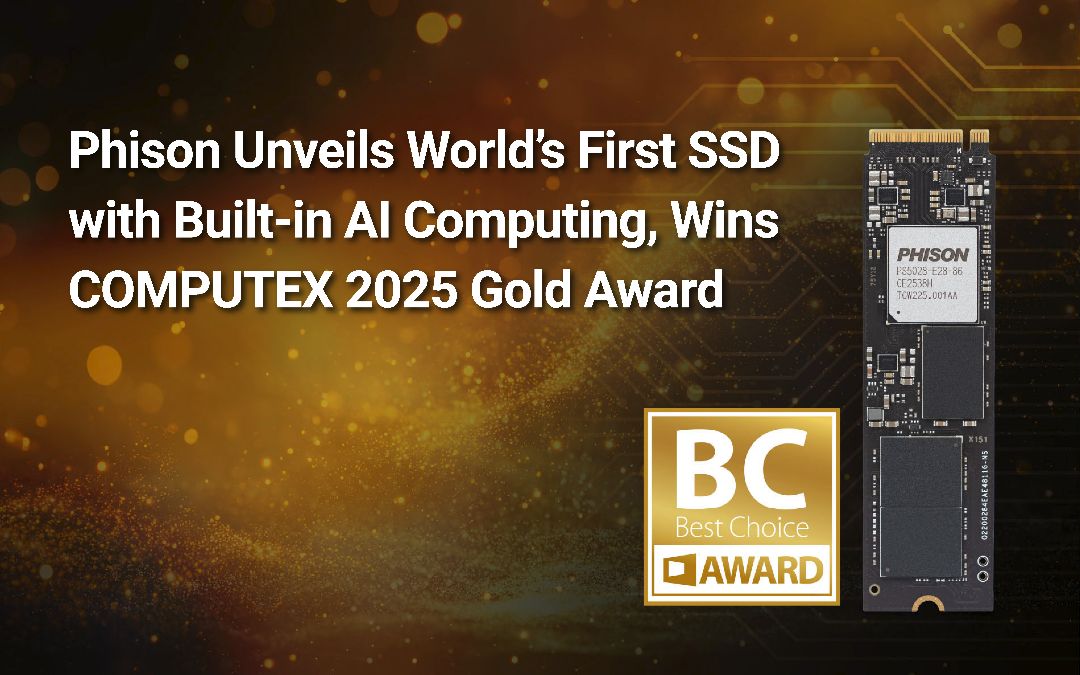Solid-state drives (SSDs) are becoming an increasingly popular choice for even the most complex enterprise workloads. Their increased capacity, improved speed and efficiency, enhanced durability and lower power consumption are driving organizations to use SSDs in both read-intensive and write-intensive environments, including high-performance computing (HPC).
What is high-performance computing (HPC)?
Simply put, HPC helps organizations solve really difficult problems, really quickly. It is the act of processing data and working through ultra-complicated calculations at extremely high speed. While commercial computers can chew through billions of calculations per second, the output of HPC systems numbers in the quadrillions per second (that’s a million billions).
HPC technology is very valuable to enterprises today because it allows them to process enormous volumes of data and run massive computations—the kind of data volumes and computations that are required by artificial intelligence (AI) algorithms, for example, and machine learning datasets. Once the sole domain of specialized and expensive supercomputers, HPC can now be leveraged by enterprises at much lower prices with existing commodity hardware, including GPUs, CPUs and storage.
The rise of AI and machine learning-based solutions is a strong driver in the growth of the HPC market. One industry survey reported that global HPC revenue reached USD 34.9 billion in 2021. The experts expect the market to reach USD 50.3 billion by 2028. Another research firm estimated the HPC market at 64.6 billion by 2030.
With the ability to process so much data so quickly, organizations can make exciting scientific and technological discoveries and develop innovative and groundbreaking solutions to solve the world’s greatest challenges.
Because of its accessibility through the use of standard commercial hardware, HPC has the potential to change the game for many industries. HPC can be a critical tool for discovery and creativity in many ways:
-
-
- Scientific research – explore the universe, identify weather patterns, develop renewable energy
- Financial services – automate stock trading, detect fraud, monitor market trends, analyze risk
- Media and entertainment – create stunning visual effects for films, provide live streaming for events around the world
- Healthcare/life sciences – research new drugs, enable more accurate diagnoses, monitor populations to understand emerging diseases and other patterns
- Electronics design automation (EDA) – design and optimize computer chips, run circuit simulations
- Government and defense – detect fraud, process data and identify patterns for intelligence agencies, model climate changes
- Oil and gas – process seismic data, run geospatial analytics, identify new sources of oil, increase efficiency of existing wells
- Retail – optimize logistics and supply chain operations, analyze customer reviews and sentiments, increase efficiency of inventory management
-
Another beneficial characteristic of HPC is its near-infinite scalability, and that’s all thanks to how HPC works.
How HPC works
HPC systems can process so much data in a short amount of time because the systems are made up of an array of compute servers that are networked together. HPC runs in a distributed structure with a single shared pool of data. Each machine is a node, and a collection of nodes (which can number anywhere from two nodes to hundreds of thousands) makes up an HPC cluster. The nodes are placed in a parallel configuration, which means that any node can access any piece of data at any time. The nodes work together—also called parallel processing—to process data and perform calculations very quickly.
Every HPC solution is made up of computer, network and storage components. The compute server nodes are networked to data storage that stores the system’s output. All three components must work together seamlessly and keep up with the others. For the best performance, for example, the storage system has to transmit and receive data from the compute servers at the speed the data is being processed. And the network must support that fast transmission between compute and storage.
NAND flash storage and SSDs enable HPC
With the sky-high amount of processing power needed by HPC systems, they also require the highest-performing storage solutions. NAND flash SSD storage is a smart choice for HPC systems because SSDs offer very low latency and high throughput and efficiency. The power requirements of HPC systems also drive organizations to choose SSDs because of their lower rate of power consumption in comparison to HDDs. Using less power for each node can mean significant energy savings in large-scale clusters.
HPC systems need data storage that can support performance-sensitive applications and I/O-intensive compute needs. SSDs for storage should also provide redundancy features and power loss protection (PLP), as well as optimized I/O arbitration, access prioritization and parallel queueing provided by NVMe SSDs. These drives are also flexible enough to handle both small and large I/O requests with consistently low latency.
Choose Phison for SSDs that support next-generation HPC workloads
As a global leader in NAND Flash controller integrated circuit (IC) and storage solutions, Phison provides industry-leading SSDs to support all of your HPC needs.
The company’s recently launched X1 controller-based SSD platform is the industry’s best-in-class
U.3 enterprise PCIe Gen4x4 eTLC SSD. Designed in partnership with Seagate, the X1 SSD customizable platform offers more computing with less energy consumption. It also delivers an increase of more than 30% in data reads than existing market competitors with less power consumed.
The X1’s high performance and capabilities make it an ideal SSD for HPC workloads—as a cost-effective platform that eliminates bottlenecks. In addition to supporting the stringent needs of HPC, the X1 is a smart choice for intensive AI workloads and can deliver hyperscale performance for enterprise data centers.
Phison is always working to raise the bar when it comes to enterprise data storage and the high-performance SSDs that will support today’s needs and enable tomorrow’s innovations.














